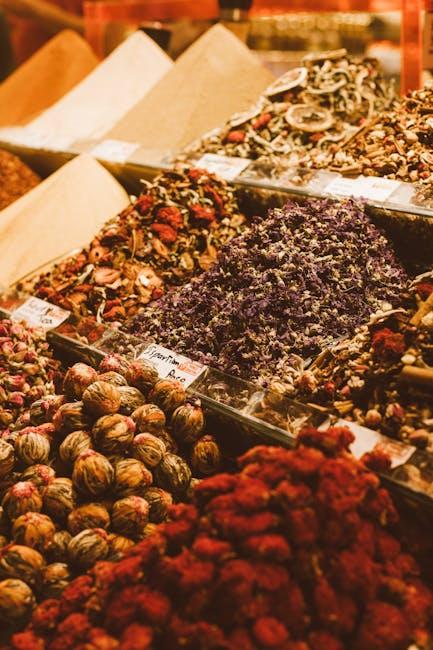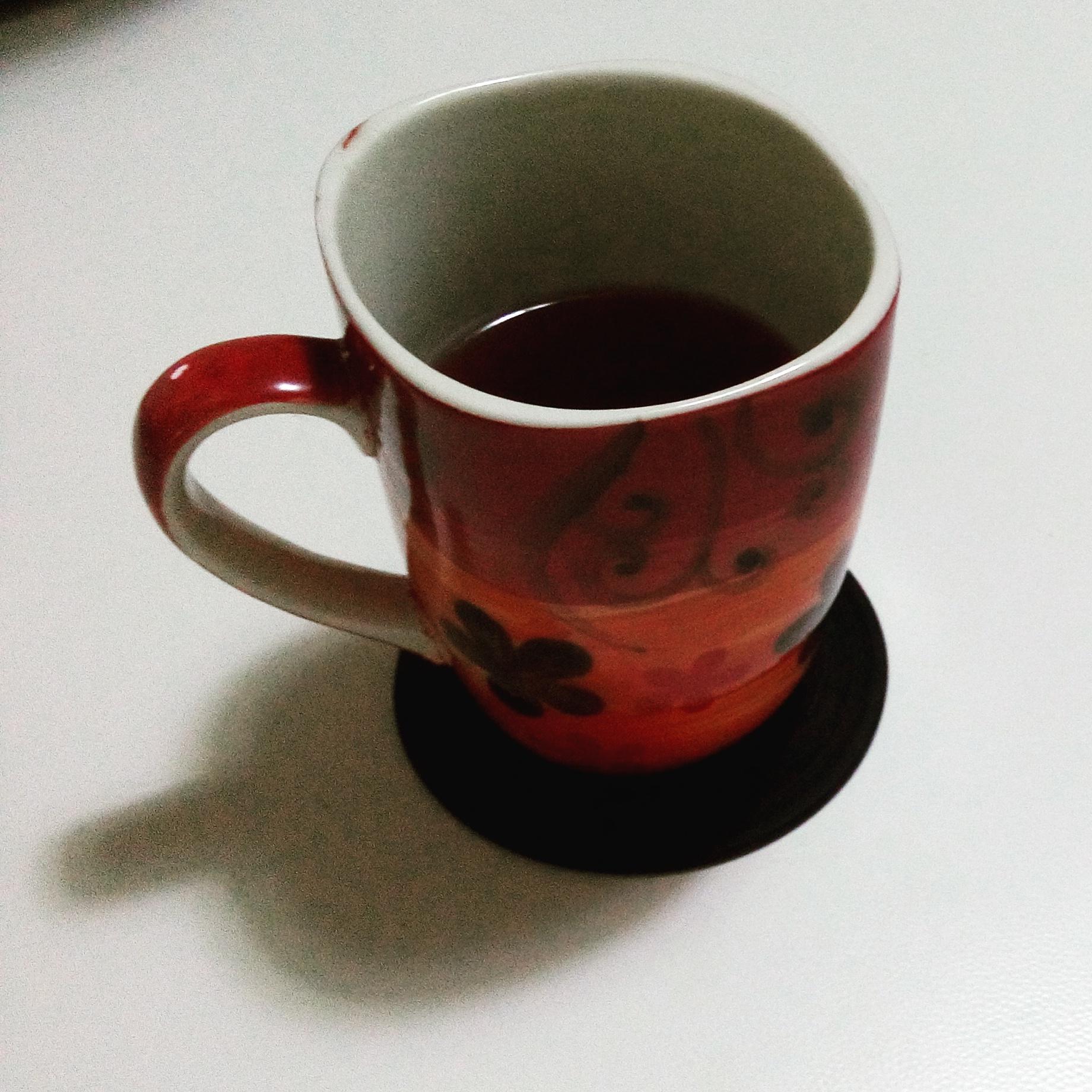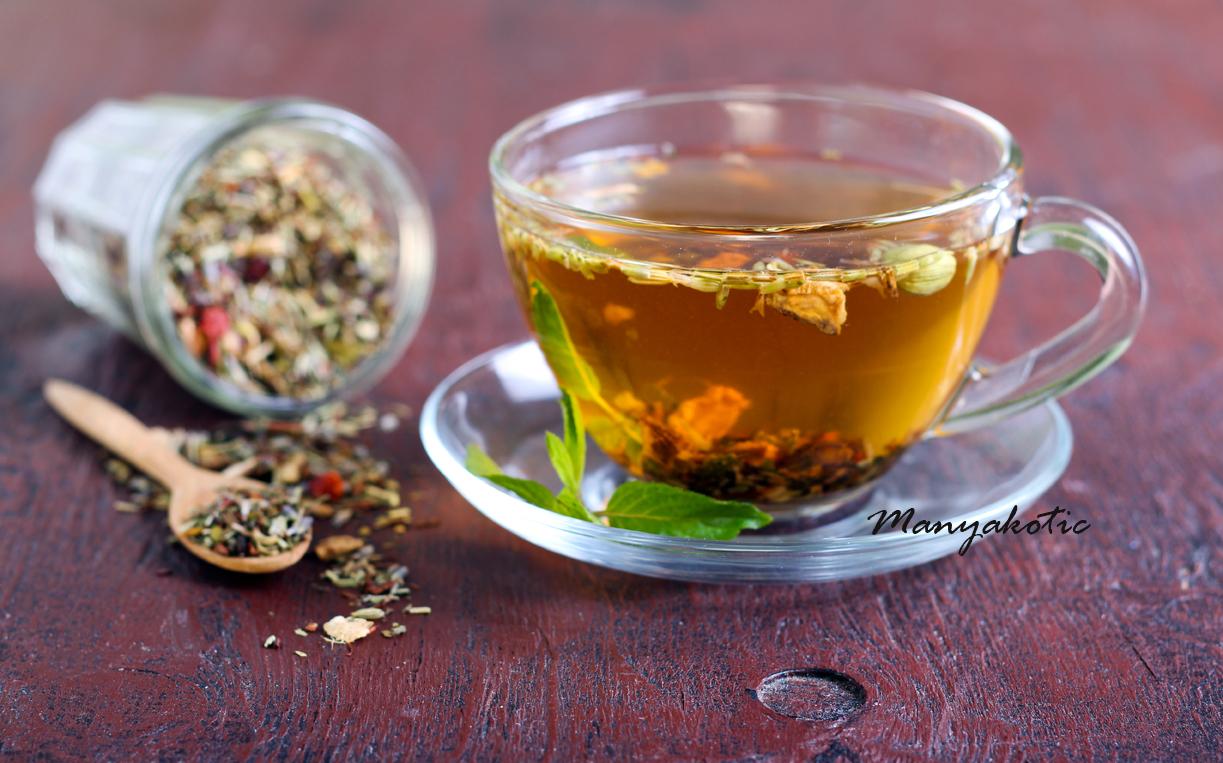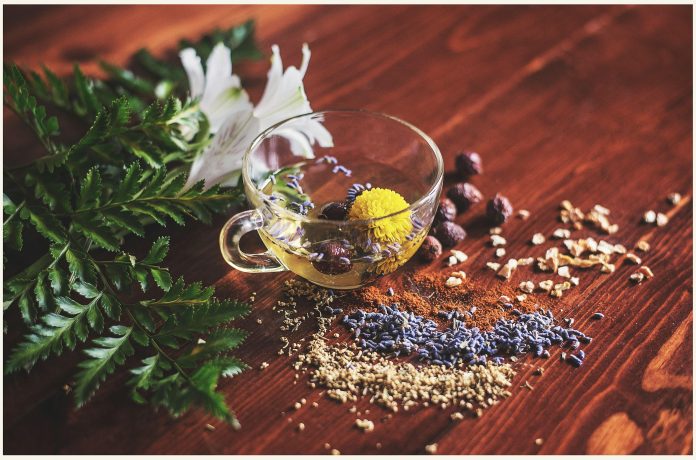In a world increasingly attuned to wellness and self-care, the allure of herbal teas and supplements as guardians of our immune systems has captured the imagination of many. From the aromatic embrace of chamomile to the vibrant allure of elderberry, these natural remedies promise a gentle path to resilience. Yet, as we steep ourselves in these age-old traditions, questions bubble to the surface: Are these botanical allies truly the key to fortifying our defenses, or merely a comforting ritual? This article delves into the verdant world of herbal teas and supplements, exploring their potential role in immune support while weighing the wisdom of relying on nature’s pharmacy.
Exploring the Efficacy of Herbal Teas in Immune Enhancement
Herbal teas have long been celebrated for their potential health benefits, and their role in immune enhancement is often highlighted. Many herbal teas, such as echinacea, ginger, and elderberry, are believed to bolster the immune system. These teas are rich in antioxidants and compounds that may help the body fend off infections. While scientific evidence varies, some studies suggest that these herbs can reduce the duration and severity of colds and flu.
- Echinacea: Often used to prevent and treat colds.
- Ginger: Known for its anti-inflammatory and antioxidant properties.
- Elderberry: May help reduce the length of flu symptoms.
However, it is crucial to approach these remedies with a balanced perspective. While herbal teas can complement a healthy lifestyle, they should not replace medical advice or treatment. Consulting with healthcare professionals before incorporating these teas into your routine is advisable, especially for individuals with underlying health conditions or those taking medication. The efficacy of herbal teas in immune enhancement may vary from person to person, and understanding their role within a broader health strategy is essential.

The Science Behind Supplements: Myths and Realities
When it comes to boosting the immune system, herbal teas and supplements often appear as quick-fix solutions. However, it’s essential to distinguish between popular beliefs and scientific evidence. Many assume that because a supplement is labeled “natural,” it is inherently safe and effective. Yet, the reality is more nuanced. Some supplements, like Echinacea and Vitamin C, have been studied for their immune-boosting properties, but results can vary widely. It’s crucial to remember that the FDA does not regulate supplements as strictly as pharmaceuticals, leading to potential inconsistencies in quality and efficacy.
Consider these points when evaluating supplements for immune support:
- Quality Matters: Look for third-party certifications to ensure product quality.
- Consult Healthcare Professionals: Always discuss with a healthcare provider before starting any supplement regimen.
- Not a Substitute: Supplements should complement, not replace, a balanced diet and healthy lifestyle.
While herbal teas and supplements can be part of a wellness routine, relying solely on them without understanding their limitations can lead to misplaced trust and unforeseen health implications.
Balancing Natural Remedies with Conventional Medicine
In the quest for optimal immune support, many turn to a blend of herbal teas and supplements, drawn by the allure of natural remedies. While these options boast a range of benefits, it’s essential to consider how they can harmoniously coexist with conventional medicine. Herbal teas, such as echinacea and elderberry, are praised for their immune-boosting properties, while supplements like vitamin C and zinc are often recommended for their protective effects. However, the key lies in finding a balance that complements traditional treatments without undermining their efficacy.
To achieve this balance, individuals should consider the following:
- Consultation with Healthcare Providers: Always discuss with a doctor before combining herbal remedies with prescribed medications.
- Quality and Dosage: Ensure supplements are of high quality and taken in appropriate doses to avoid adverse effects.
- Awareness of Interactions: Be mindful of potential interactions between herbs and medications, which could either diminish or amplify effects.
Integrating both approaches can offer a more comprehensive strategy for immune support, provided that the synergy between them is carefully managed.

Guidelines for Safe Use: Dosage and Quality Considerations
When considering herbal teas and supplements for immune support, it’s crucial to follow safe usage practices to maximize benefits while minimizing risks. Dosage is key; adhering to recommended amounts is essential, as excessive intake can lead to adverse effects. Always consult with a healthcare professional, especially if you’re on medication or have existing health conditions.
Quality matters significantly. Opt for products that are certified by reputable organizations. Look for labels that indicate:
- Third-party testing for purity and potency
- Organic certification to avoid harmful pesticides
- Clear labeling of ingredients and dosages
Prioritizing these considerations ensures a safer and more effective approach to bolstering your immune system with herbal remedies.





